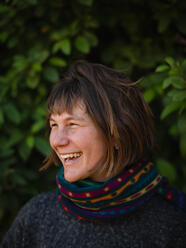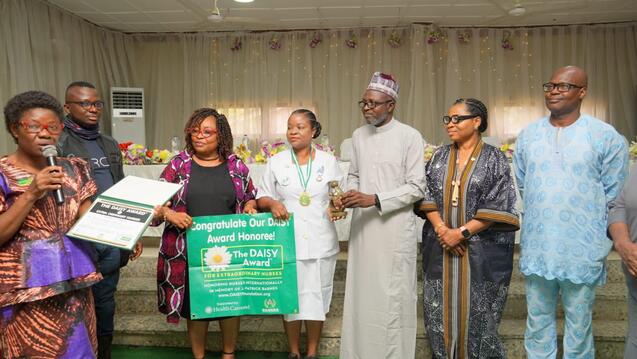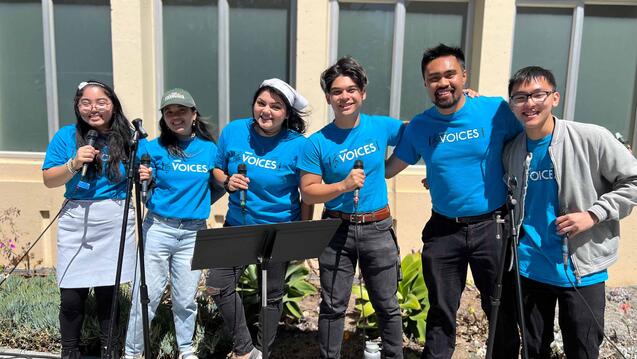
Meet Laura Booth ’27

Where are you from and what is your background?
I grew up romping around the deciduous forests and old fields of the Brandywine Valley in southeastern Pennsylvania before going to college in New York City. I always wanted to work on climate action and wound up studying environmental biology; one of my most formative undergrad classes was forest ecology, where I got the glimmer that I could be out in the field for work. In 2015, I moved to the Bay Area sight-unseen to intern for the Golden Gate Raptor Observatory, where I fell in love with the Golden Gate National Parks — their proximity to the urban edge, their fraught history and biodiversity that illustrate the Bay's rich identity. In my current work as a biologist for the National Park Service, I focus on habitat restoration in Tennessee Valley in Marin County.
Why did you apply for this graduate program and decide to study at USF?
Because I love Tennessee Valley, I'm interested in how I can take care of the Valley better; I see graduate study at USF as a way to formally focus on habitat restoration with a technical and analytical lens. What actions can I or the Golden Gate National Recreation Area take to improve Tennessee Valley's health in the face of climate impacts, such as sea level rise and changing drought regimes? What would it take to bring prescribed fire or missing fauna back to the Valley? The MSEM program sits at this nexus of science and practice, and I hope it will be exactly the place for me to grow into the best Tennessee Valley biologist I can be. It helps that the program is set up to permit me to continue working at the job I love so much!
What impacts has the Dean's Scholarship had on your ability to further your studies?
Because our society still considers land in the extractive terms of "natural resources" or externalizes the value of caring for places (and for people), most early- and mid-career park staff are, like other kinds of careworkers, underpaid and overworked; it's tough to save when you're "getting paid in sunsets," no matter how savvy you are. I've had a sick parent who I've had to support, and undergraduate student debt that I've hoped to work off through the threatened Public Service Loan Forgiveness program. I was determined not to take more loans to pursue graduate work, and the Dean's Scholarship has made that possible. I am humbled by the honor!
What are your career ambitions?
My career ambition is to transform the land I care for so that it is in measurably better health — more resilient, more biodiverse, stores more water, whatever the appropriate metric is for that place — when I leave it than when I start caring for it. I hope this will include years of work enhancing Tennessee Valley's health, as well as to work in other places around the Bay and maybe even beyond.
What is something unique or interesting about you?
I love poetry and longboard surfing and film photography and see creative practice as entwined with science and ethics, where iteration and curiosity are the shared baseline for a better world. I'd love to connect with others in STEM programs who love these things, too, and to explore the creation of a joint program with the MFA in ecopoetics, similar to the MS/MBA.
Are You ELIGIBLE?
The Dean’s Scholarship recognizes a select group of incoming students in graduate programs, who the admission committees believe will make a substantial contribution to the programs. Recipients are selected based on merit. To be considered for the Dean's Scholarship, students must apply to their program by the program's priority deadline.


